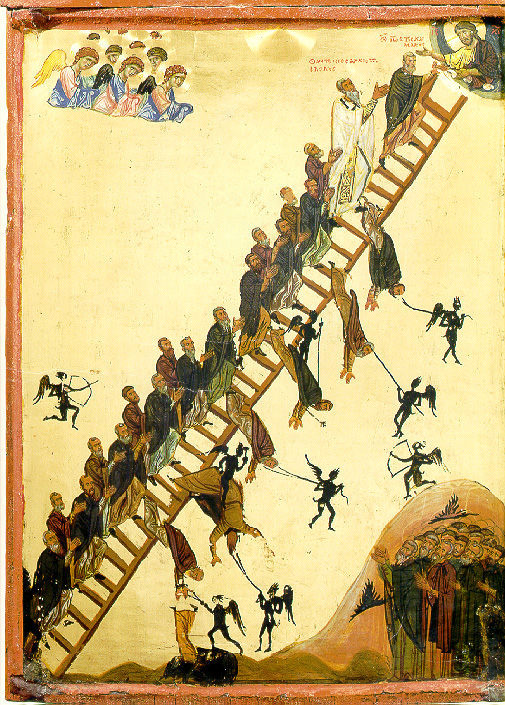Booms, busts, and the growth of government. Governments love “booms”. We recently saw, for instance, a “boom” in housing. It was fueled by those who wanted “more fairness in housing”. To produce that boom, they forced banks to lend money to people to buy houses they couldn’t afford. New housing was built, people moved into their new houses. Then, many of them couldn’t pay their mortgages.
When enough people had been foreclosed upon, and enough banks were on the verge of failure, the same people who wanted “more fairness in housing” quickly developed plans by which they could lend money directly to homeowners in foreclosure, and a trillion more dollars is being shoveled into the deep hole they caused.
Private financing, developing, and building have been crowded out of the market by those who wanted “more fairness in housing”. They were elated to have a chance to gain control of more of the housing industry.
A similar “boom” recently exploded in commodities. From mines, farms, and processors, prices went to all-time highs. Then, over-production began, and ran into the collapsing credit markets drained by the “more fairness in housing” groups. The need for, and prices of, commodities began to plummet. Bailouts are being considered for many industries, each with strings attached to new, larger government agencies.
This has been happening since Babylon put in the first water-distribution canals to replace small farms and small farmers with large-scale agricultural production. Any source of supply, at first from small entities, emerges to fill some need. Many find employment. Then, large scale production and automation kicks in with its usual relentlessness. Soon, as in farming, one or two people are able to produce what ninety were once needed to do. This makes huge profits for those who best accumulate the funds to automate. As automation takes place, the vanished jobs have to be replaced.
Governments actually have little to do. In order to provide the illusion of usefulness, which increases their power and salaries, officials and agencies pander to any identifiable bloc whose members are desperate enough to trade freedom for security. Those unemployed by automation, centralization, and cheap foreign labor in every age, whether millers put out of work by huge, water-powered Roman grain mills, water and waste carriers made unemployed by aqueducts, or unionized auto workers made unnecessary by robots in automated automobile plants, quickly put pressure on their government to use its taxing authority to provide them with income.
Every boom produces a wave of employment. The inevitable bust destroys those jobs. Then, government gets bigger. As long as governments do not destroy the manufacturing capacity that is their ultimate support, it really doesn’t make much difference, except for the pain caused to the unemployed. Unfortunately, governments never know when to stop meddling, and usually end up destroying the people they pretend to serve.








